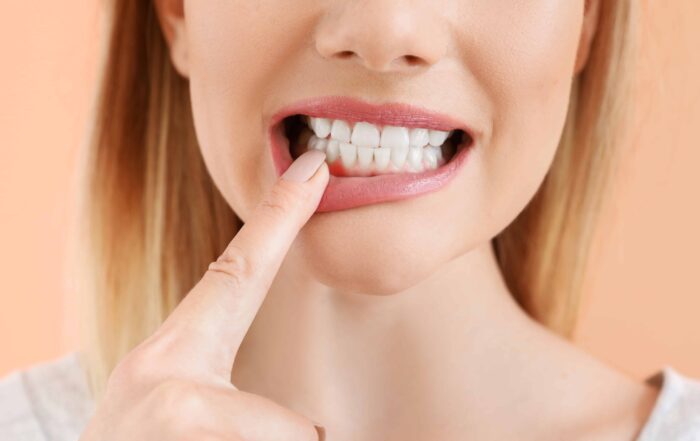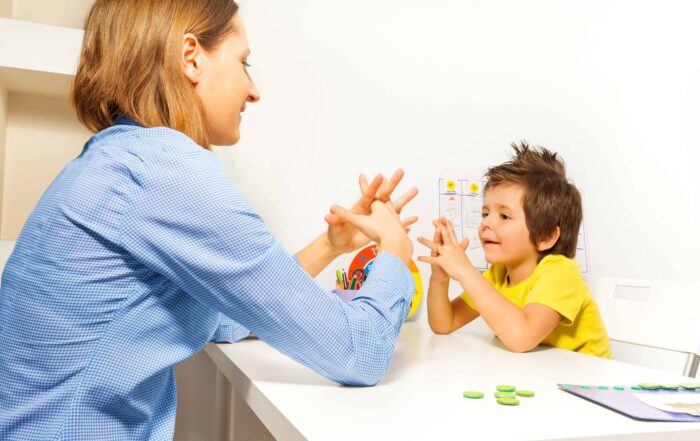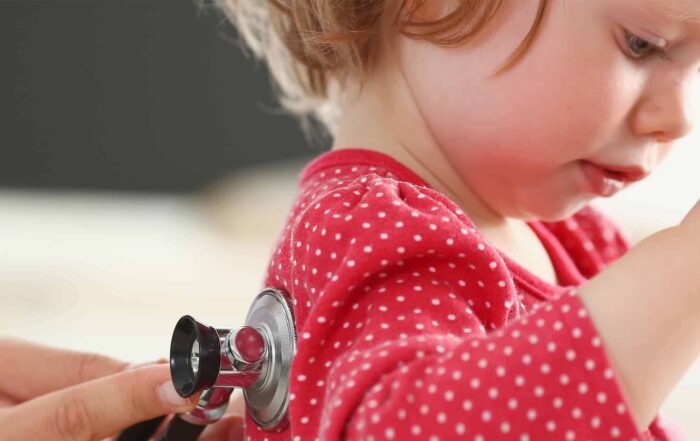What to Do When you Think You’ve Done it All
Presented by Vicki Kobliner, MS, RD at the Fall 2012 Autism Research Institute Conference
Published: 12/05/2012

Could treating moms’ periodontal disease lower odds of autism?
Mothers who receive periodontal treatment during pregnancy may reduce the odds of their children developing autism spectrum disorders (ASD), according to a new study. Carl Bose and colleagues collected data on 306
Two studies indicate that autoantibodies in maternal blood may provide diagnostic clues in autism
Certain patterns of proteins in the blood of pregnant women may help to predict one type of autism spectrum disorder (ASD) in children, according to two new studies. Both studies focused
Study indicates that early diagnosis can significantly benefit children with autism
Children diagnosed with autism spectrum disorders (ASD) very early in childhood are likely to do significantly better than those diagnosed later, according to a new study from Israel.In their research, Nitzan Gabbay-Dizdar
Infections occurring during childhood may raise risk for autism, intellectual disability
There may be an association between childhood infections and subsequent diagnoses of autism spectrum disorder (ASD) or intellectual disability (ID), according to a recent large-scale study. Håkan Karlsson and
Gender diversity more common in kids with ASD than in neurotypical peers
Gender diversity is more common among children with autism spectrum disorders (ASD) than among their neurotypical peers, according to a new study. Previous research has shown that the rate of gender
LGBTQIA+ and Autism
Contemporary research on the intersection of autism, sexuality, and gender identity asserts that autistic individuals are more likely to identify as LGBTQIA+ than the neurotypical population. Similarly, the prevalence of autism is







